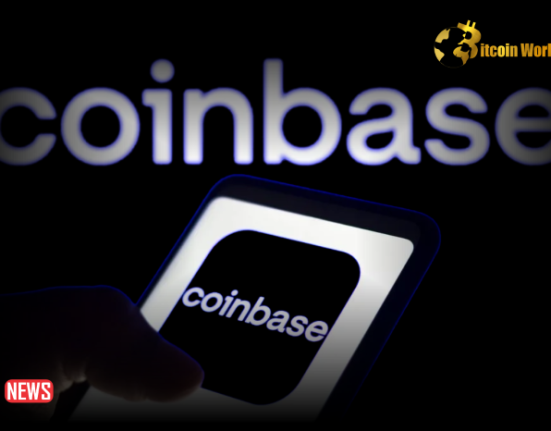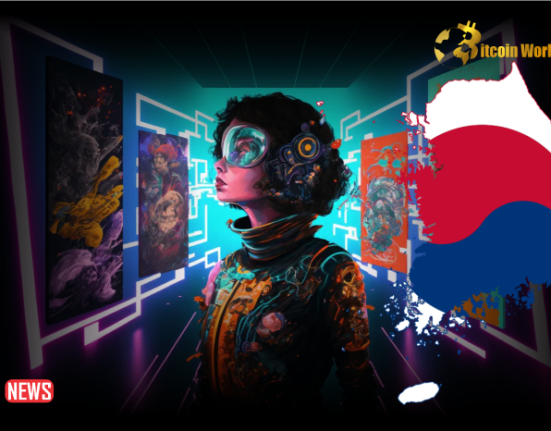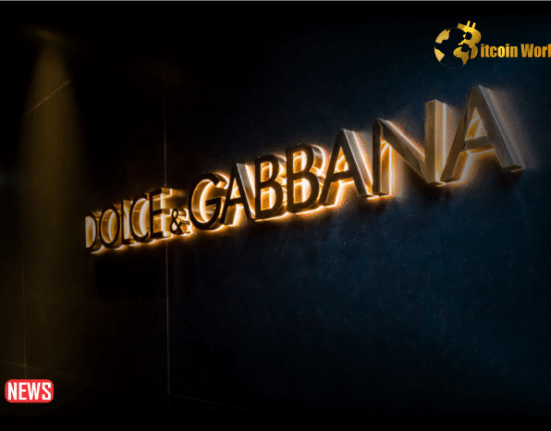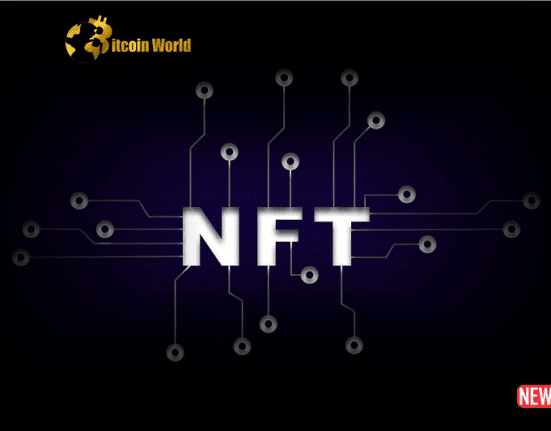The Bored Ape Yacht Club (BAYC) founder offered their opinion on the continuing non-fungible token (NFT) creator royalties discussion and suggested a potential course of action that, in their opinion, best addresses the problem.
Co-founders Greg Solano and Kerem Atalay of BAYC and Wylie Aronow of BAYC wrote in a blog post dated Nov. 8 that they see creator royalties as “the single most important factor that brought them [creators and artists] into the ecosystem.”
”For as much as NFTs have been about users truly owning their digital assets, they’ve also been about empowering creators.”
The article was written in response to OpenSea’s Nov. 6 announcement that it would follow other NFT marketplaces on royalty enforcement, which Aronow opined was not great and showed its intent to move with the rest of the herd and remove creator royalties for legacy collections from their platform.
In response, the creators of BAYC presented a solution for NFT royalties that makes use of “allow lists” encoded in a smart contract for NFT collections, allowing NFT trading only for “marketplaces that respect royalties” and prohibiting it between normal wallets.
A simplified explanation of how this might operate stated that the first stage would be to determine whether the wallet making the transfer request is a conventional wallet or a smart contract.
Transfer requests would be permitted for regular wallets, but smart contract transfers are checked against “an oracle of contracts that are known to respect royalties,” with approval granted if a match is discovered.
In order to ensure that one of the main advantages of NFTs, asset ownership, is recognized and owners are allowed to move assets between wallets without fees, the BAYC founders underline that this model must allow free wallet-to-wallet transfers.














